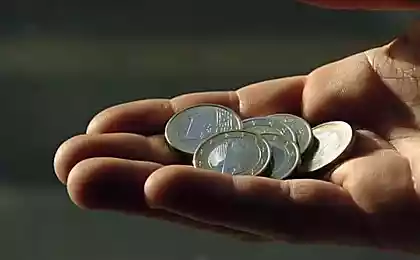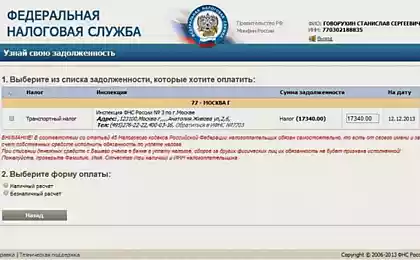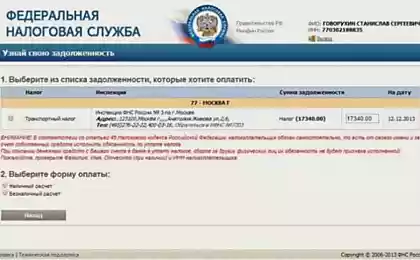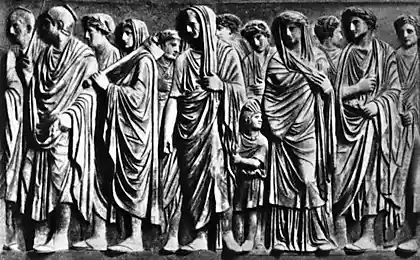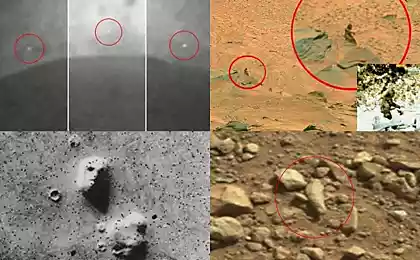773
Unusual taxes
Nobody likes taxes - in fact, some people have a significant part of their wages and incomes in general government. To whom it may be like? It is clear that to anyone. In the entire history of humanity different states and rulers introduced various taxes, sometimes very strange - but, no matter how strange they may be, all this brings money to the state treasury. Well, "money does not smell," and statesmen know this better than others. By the way, the meaning of the expression below.
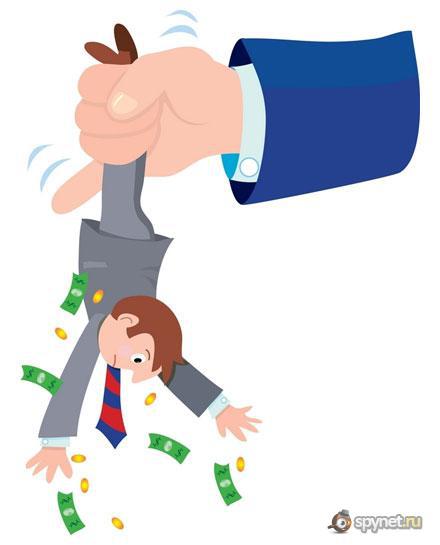
Tax toilets
It was this tax has provoked the appearance of the phrase "money does not smell." Introduced a tax Vespesian Roman emperor, who ruled in the 70s AD. After the introduction of this tax Emperor chided his own son, who was opposed to such a tax. But Vespesian took money that was "earned" this tax, and brought them to the nose of his son. Do you think that he gave in this case? Yes, yes, "money does not smell." Indeed, the Romans are so accustomed to marble public toilets that continue to go there and pay money for it.
Tax sparrows
Very strange tax, which was introduced in Byurtemberge in the 18th century. Then the owner of every house in the city was forced to slay 12 sparrows, for which the state paid 6 kreytsarov. But if anyone could provide the right amount of sparrows, the state took 12 kreytsarov tax. It is clear that no one wanted to run for sparrows, resulting began to flourish underground trade in these birds, but not alive, but dead.
Tax shadow
Yes, intangible objects can also be taxed. So, in Venice such a tax was introduced in 1993, EZE, ie recently. According to the tax, have to pay all the institutions, the shadow of the umbrellas and awnings which falls on the urban land. It is clear that the shadow is very difficult to remove, so the tax coffers of Venice brings a lot of money.
Tax cowardice
In 1100-1135 in England was introduced called the tax on cowardice. According to the tax, money is charged to every knight and military service of a citizen of the state, which is not wanted for some reason to fight for King in numerous wars. Initially, this tax was relatively low, but then King John raised it to 300%, and began to levy such a tax on all the knights in the years when there was simply no wars. This tax is one of the causes of the Magna Carta. By the way, nalo existed for almost three hundred years.
Tax hats
Now this tax would not bring especially means a lot to the state, which introduced him. But from 1784 to 1811 tax years, this brought a lot of money of the same UK. Can you guess why? Yes, because that every man in this country, even though poor, though rich, wore a hat, a cylinder or a bowler. Taxation in this case worked well among the wealthy - because while every rich man was the owner of several hats at the time, like the poor or they were not at all or had one hat. As a result, the UK has been receiving good income out of nothing - but of course, the tax is eventually canceled.

Tax toilets
It was this tax has provoked the appearance of the phrase "money does not smell." Introduced a tax Vespesian Roman emperor, who ruled in the 70s AD. After the introduction of this tax Emperor chided his own son, who was opposed to such a tax. But Vespesian took money that was "earned" this tax, and brought them to the nose of his son. Do you think that he gave in this case? Yes, yes, "money does not smell." Indeed, the Romans are so accustomed to marble public toilets that continue to go there and pay money for it.
Tax sparrows
Very strange tax, which was introduced in Byurtemberge in the 18th century. Then the owner of every house in the city was forced to slay 12 sparrows, for which the state paid 6 kreytsarov. But if anyone could provide the right amount of sparrows, the state took 12 kreytsarov tax. It is clear that no one wanted to run for sparrows, resulting began to flourish underground trade in these birds, but not alive, but dead.
Tax shadow
Yes, intangible objects can also be taxed. So, in Venice such a tax was introduced in 1993, EZE, ie recently. According to the tax, have to pay all the institutions, the shadow of the umbrellas and awnings which falls on the urban land. It is clear that the shadow is very difficult to remove, so the tax coffers of Venice brings a lot of money.
Tax cowardice
In 1100-1135 in England was introduced called the tax on cowardice. According to the tax, money is charged to every knight and military service of a citizen of the state, which is not wanted for some reason to fight for King in numerous wars. Initially, this tax was relatively low, but then King John raised it to 300%, and began to levy such a tax on all the knights in the years when there was simply no wars. This tax is one of the causes of the Magna Carta. By the way, nalo existed for almost three hundred years.
Tax hats
Now this tax would not bring especially means a lot to the state, which introduced him. But from 1784 to 1811 tax years, this brought a lot of money of the same UK. Can you guess why? Yes, because that every man in this country, even though poor, though rich, wore a hat, a cylinder or a bowler. Taxation in this case worked well among the wealthy - because while every rich man was the owner of several hats at the time, like the poor or they were not at all or had one hat. As a result, the UK has been receiving good income out of nothing - but of course, the tax is eventually canceled.
Who will be the mascot of the Olympic Games? (10 photos)
Jim Denevan and his drawings on the lake Baikal (12 photos)










